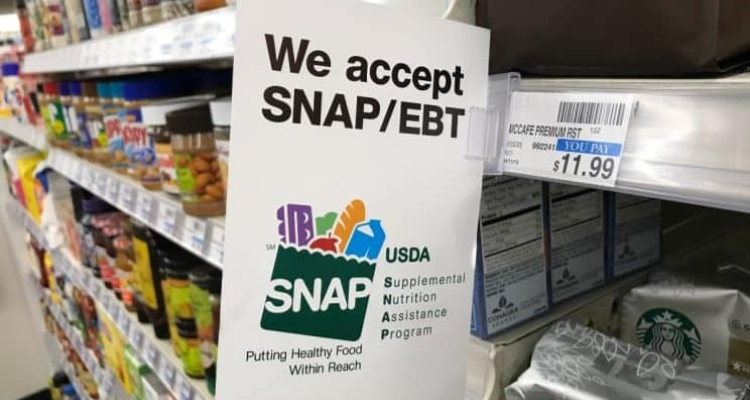The Supplemental Nutrition Assistance Program (SNAP) is help for eligible individuals and families to buy food
The Supplemental Nutrition Assistance Program (SNAP) has updated its requirements under the oversight of the U.S. Department of Agriculture’s (USDA) Food and Nutrition Service. These changes are designed to ensure that the program can reach those who need it most, adapting to changing economic and social conditions.
The first and most important consideration is that you can only apply in the state where you reside. It is critical to keep this requirement in mind as you begin the application process.
If you are considering applying for SNAP food stamps/benefits for next May, it is crucial that you familiarize yourself with income limits and other relevant resources before proceeding with the application.
SNAP resource limits
Although the limits within SNAP undergo periodic changes, it is important to note that these amounts will remain unchanged through September 2024, thus providing relative stability for SNAP applicants and recipients during this period.
Currently, the resource limit to be eligible for SNAP benefits is $2,750 per household. This threshold applies to those who have funds available in their bank accounts.
However, if you are a person with a disability, are age 60 or older, or live with a family member who has a disability, the resource limit is higher. In these cases, SNAP allows you to have up to $4,250 in resources.
Work Requirements
It is important to note that some property is not considered resources when evaluating SNAP eligibility. For example, the value of your home or land and Supplemental Security Income (SSI) payments received are not counted as part of your total resources. This means that these assets will not affect eligibility or the amount of SNAP benefits.
Even if a household has a person over the age of 60 or someone with a disability, the net income limit applies exclusively to these cases, while gross income is considered for all other households. In addition to meeting the income limits, applicants must meet general and specific work requirements to be eligible for SNAP vouchers.
- Must register for work
- Not voluntarily quit a job or cut back hours
- Accept a job if offered
- Participate in employment and training programs, if assigned by the state
Healthy adults without dependents must work or participate in an employment program for at least 20 hours per week to be eligible for SNAP benefits for more than three months, with a maximum limit of three years on the benefit.
Beneficiaries who do not need to work
- Children
- Seniors
- Veterans
- Homeless persons
- Persons 24 years old or younger who are in foster care when they turn 18 years old
- Pregnant women
- Persons who are exempt for physical and mental health reasons
